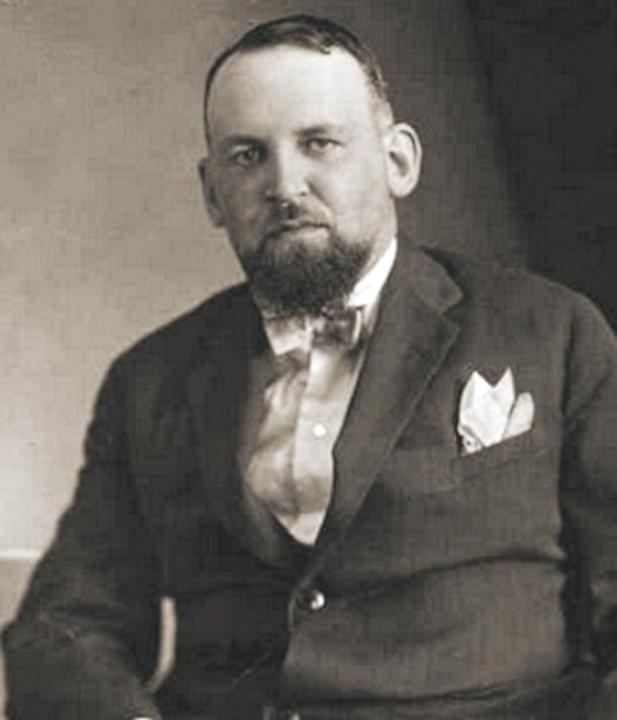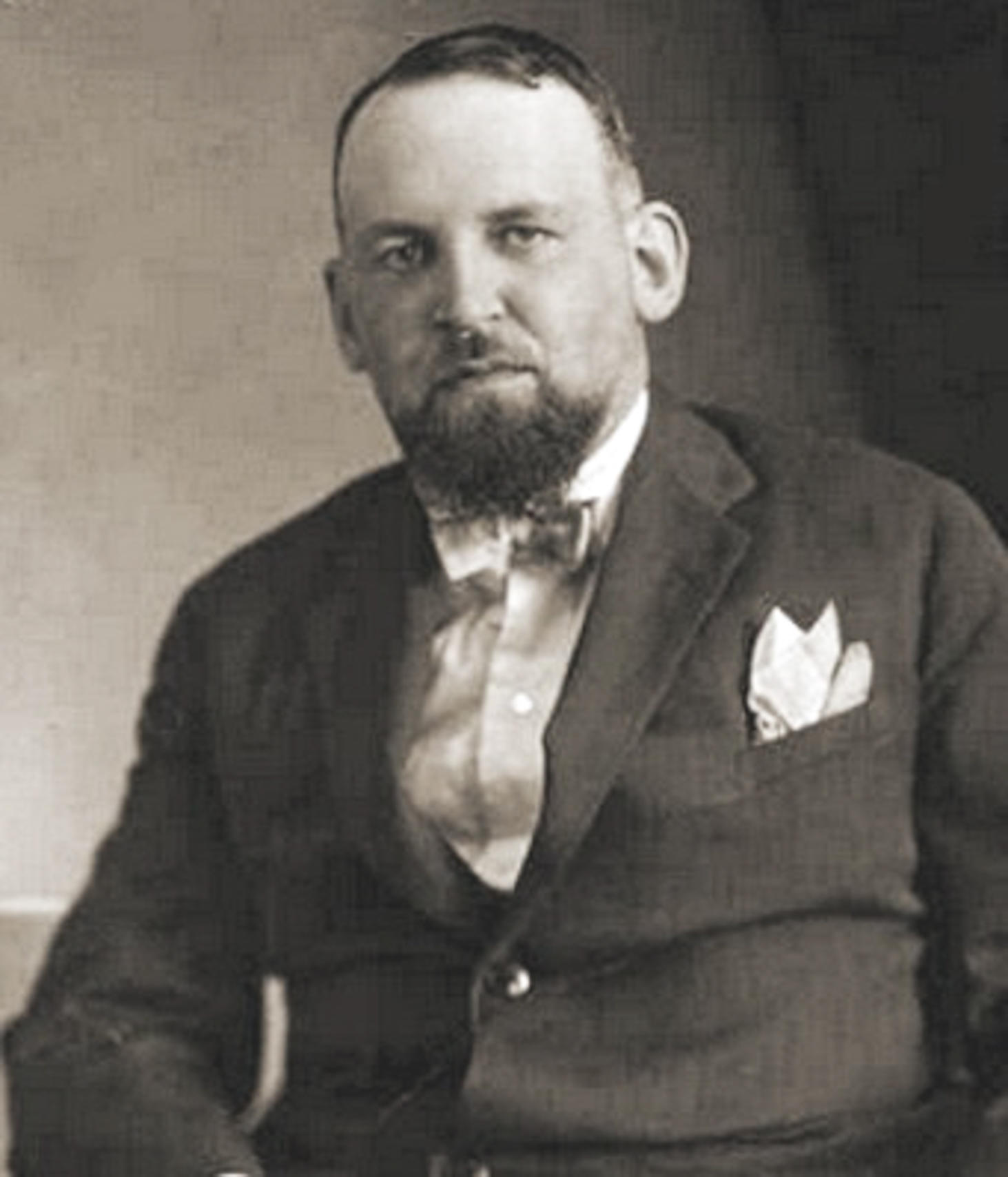In the summer of 1942, the Polish poet Władysław Szlengel made a detour into light verse with ‘The Passports’: ‘I would like to have a Uruguayan passport/ Oh, what a beautiful land it is/ How nice it must feel to be the subject/ Of the land called Uruguay…’ Successive quatrains hymned the joys of Paraguayan, Costa Rican, Bolivian and Honduran citizenship before the final stanza declared that it was only with one of these citizenships that ‘one can live peacefully in Warsaw’.
The joke was serious. Szlengel was a Jewish man living in the Warsaw ghetto; and as Roger Moorhouse’s absorbing new book describes, Latin American passports were, or could be, a ticket to safety, or at least a hook on which the shreds of hope could be hung. They were forged and smuggled to Polish and Dutch Jews by a furtive and raggedy alliance of spies, diplomats and Jewish aid agencies, and what Moorhouse crisply describes as ‘the pious dishonesty of an honorary consul’.

The backdrop to this is the uselessness of the so-called international community. When it became clear that Jews were being mistreated in Germany and many of them were trying to get out, representatives of 32 nations gathered in the summer of 1938 in the fanciest hotel in Evian to eat sole meunière and address the ‘migration problem’. They all regretted it most awfully: ‘The delegates lined up… to express their profound sympathies for the dreadful plight of the refugees and to explain why their own specific circumstances made it impossible for them to allow any increase in Jewish immigration.’ In 1943, by which time the dogs in the street knew that European Jews were being exterminated, and on the same day the liquidation of the Warsaw ghetto began, they repeated the exercise in sunny Bermuda, with much regret, and so on…
The people who did something about it were those who were prepared to break the rules.










Comments
Join the debate for just £1 a month
Be part of the conversation with other Spectator readers by getting your first three months for £3.
UNLOCK ACCESS Just £1 a monthAlready a subscriber? Log in